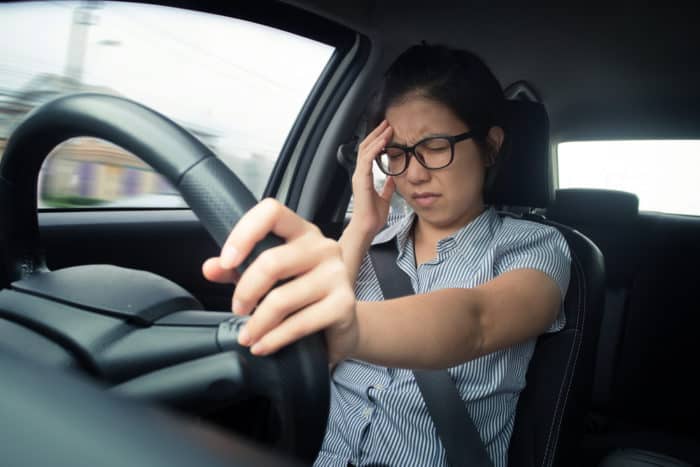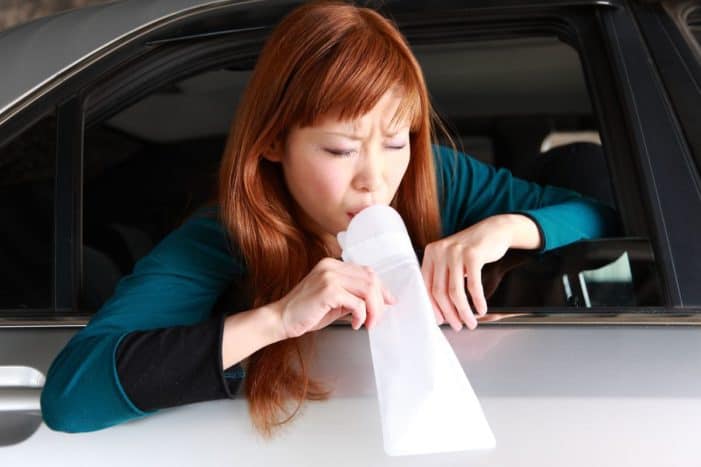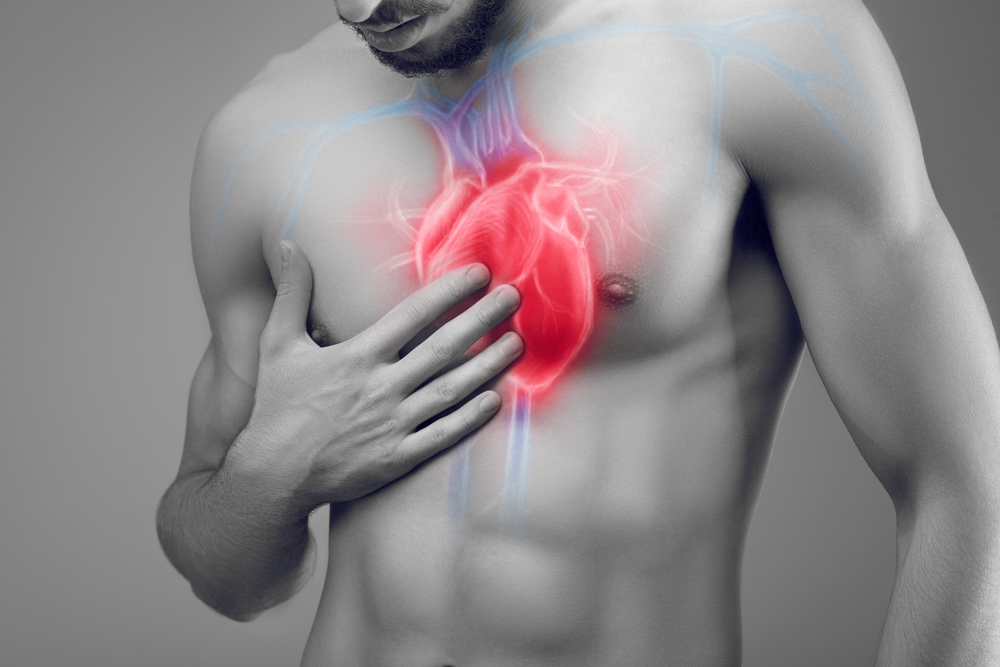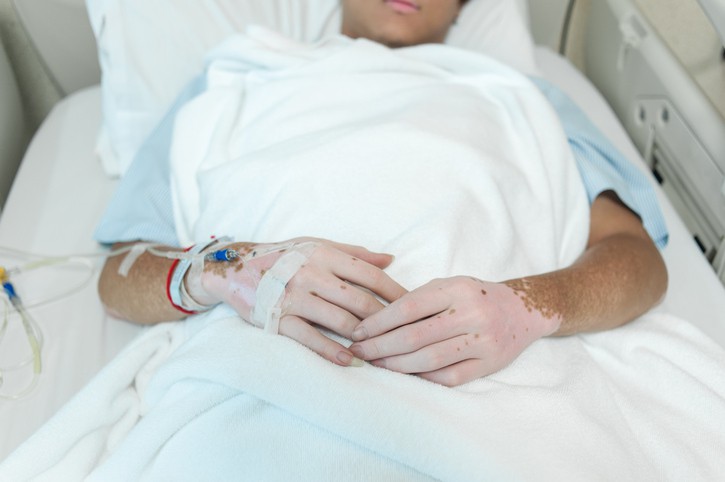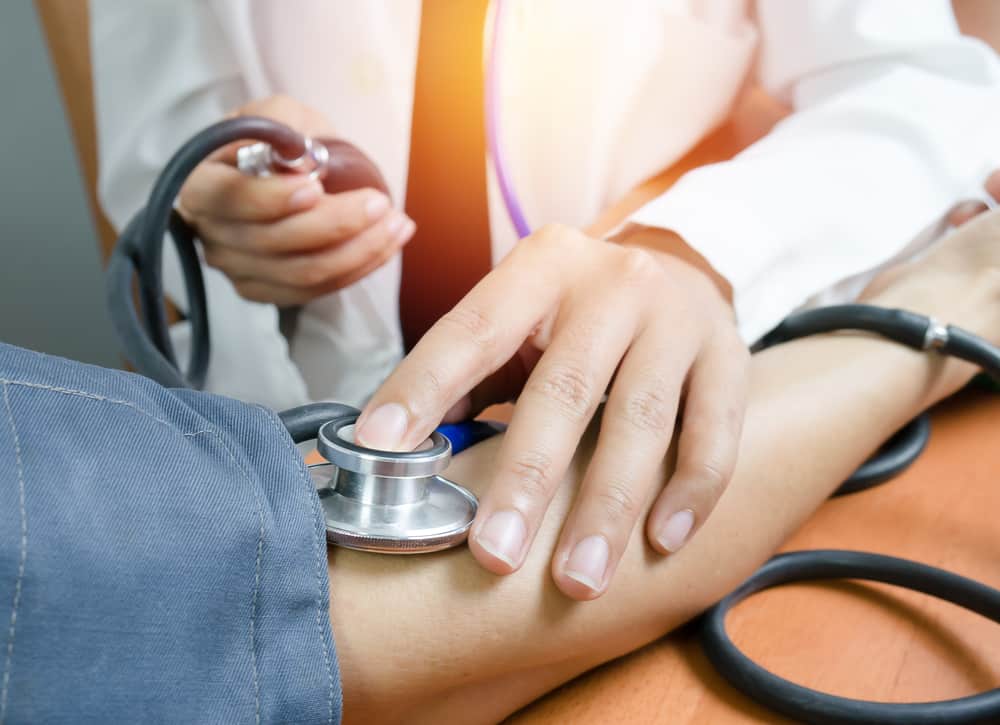Contents:
- Medical Video: If You See This, Run Fast and Ask for Help!
- Why can CO gas poisoning in the car?
- Why can CO gas endanger lives?
- What should I do if I experience CO gas poisoning in a car?
- Prevent CO gas poisoning in cars
Medical Video: If You See This, Run Fast and Ask for Help!
Have you ever heard of someone CO gas poisoning in a car? CO gas (or what is often called carbon monoxide gas), is a very toxic gas. This gas is very dangerous because it is very difficult to detect due to odorless, colorless, and cannot be felt. So you might just breathe the gas unconsciously. At too high a level, this gas can cause death.
Why can CO gas poisoning in the car?
CO gas can generally be produced from industries that do incomplete combustion such as oil, wood, gasoline, propane and kerosene. However, CO gas can also be produced from cigarettes, stoves, and fuel combustion vehicles such as cars or trucks.
If there is a leak in the combustion residue, CO gas that is supposed to be thrown away will even enter the car that is being turned on and inhaled without being noticed by the passenger. That is why there are quite a number of cases of CO gas poisoning due to too long being in a car that is not running.
Worse yet, based on research conducted by the POM, the habit of heating cars in a garage that is closed for 10 minutes can also increase the risk of CO gas poisoning. This is because the exhaust gas is trapped in the garage, cannot be removed.
Therefore, it's a good idea to always make sure and check the air exhaust system on your car's engine and always heat the car in the open.
Why can CO gas endanger lives?
When you breathe CO gas, you can feel various symptoms, depending on how long you breathe CO, how much CO gas in the air, and the process of gas exchange in your lungs.
At the stage of mild poisoning, generally you will experience the following signs:
- limp
- headache (usually in the area of the forehead and taste annoying)
- dizzy
- nausea and vomiting
- blurred vision
In the next stage (moderate stage), you may feel the following symptoms:
- hard to breathe
- pulse becomes fast
- chest pain
- fainted
At the stage of severe poisoning, you can experience a decrease in blood pressure, disorders of the heart and respiratory system, seizures, coma, and decreased consciousness.
If exposure continues and the more CO gas you breathe, then you will experience a decrease in consciousness until death. This is because when you breathe CO gas, the gas will replace the position of oxygen that you should breathe. Because, CO gas has the ability to bind to red blood cells (Hb), as much as 200-250 times higher than oxygen gas.
Furthermore, CO gas will form a bond called COHb and enter into the blood vessels and various organs such as the heart, brain, and other vital organs. If this keeps happening, over time the body will lack oxygen and cause the organs to fail.
Even having experienced CO poisoning can also affect your nervous system. Based on research, there is a change in the ability to think and remember, difficulty in focus, interference in making decisions, depression to anxiety that can occur for more than a year.
Children, the elderly, and those who have heart or lung disease and those who smoke are found to be more susceptible to this gas poisoning, than others. Those who have heart disease, when experiencing exposure to CO gas can cause chest pain that occurs suddenly.
What should I do if I experience CO gas poisoning in a car?
If you already feel the symptoms as mentioned above, it's good that you immediately leave the place and visit the nearest doctor or hospital. This is due to continuous exposure, coupled with the increasing amount of CO gas entering will be able to endanger your life.
Upon arrival at the hospital, generally you will immediately get treatment to help the respiratory system and the heart. You will also generally be given an oxygen mask immediately to help remove CO in your respiratory system and replace it with oxygen. Giving an oxygen mask is generally done while monitoring your COHb levels to reach levels less than 5 percent.
Prevent CO gas poisoning in cars
Here are some tips you can do to prevent CO gas poisoning in cars, including:
- Try checking the car engine regularly. There is a leak from the system exhaust the car can cause CO gas to be trapped in your car.
- If you want to heat the car, or leave the car on, make sure you open the door, or open the window. Make sure there is good air circulation.
- Do not heat the car in a house or a closed garage that is one with a house. Always heat the car in an open place. If your garage is indeed one with the house, try to open the door or window when you are heating.
- Also be careful with other equipment such as stoves, gas and tools that use charcoal as fuel, such as grills. This is because these tools can also produce CO gas. Make sure there are no leaks when you use them.


